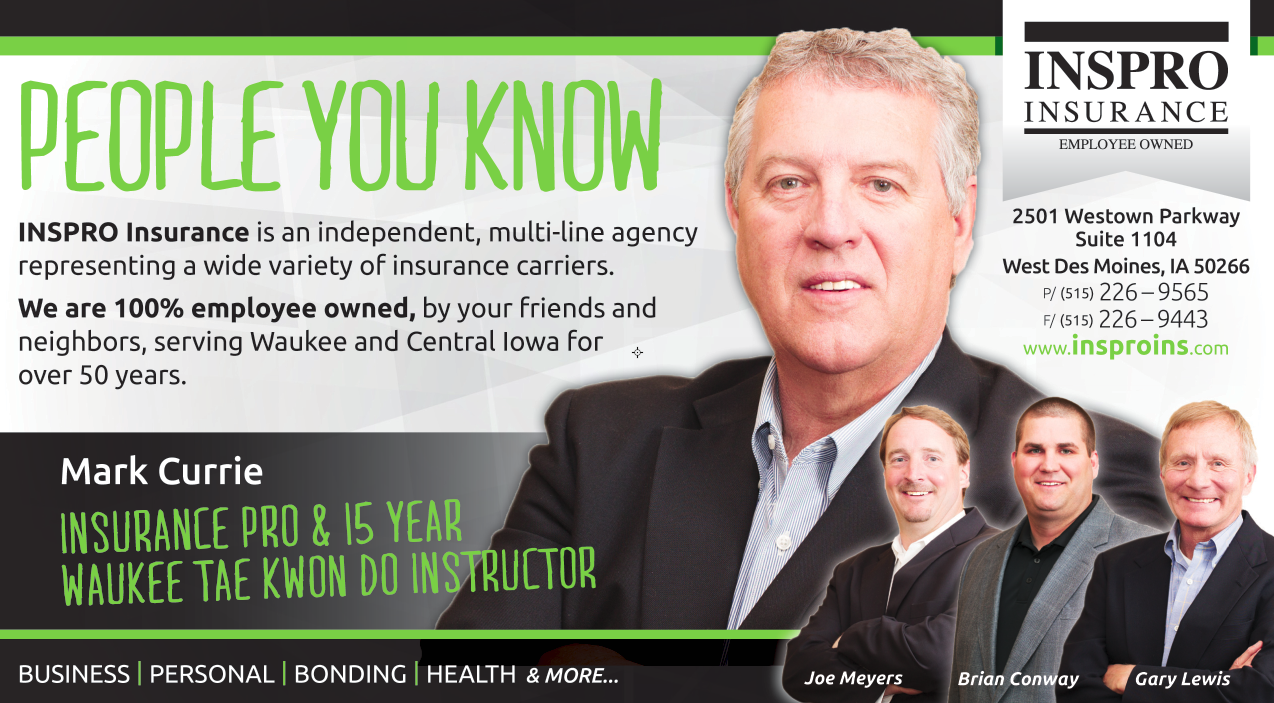Did you know that lightning strikes cloud-to-ground about 25 million times a year (according to the National Weather Service)? The odds of being struck by lightning in the U.S. average around 1 in 600,000.
Lightning strikes are arbitrary and random. Lightning has been recorded traveling 40 miles from cloud sources, causing injuries and deaths.
Workers on the job account for a significant portion of the total number of people struck by lightning. Roofers, construction workers, road crews, pipe fitters, and farm workers are at especially high risk because they spend much of their time standing on open ground or a roof—prime targets for lightning trying to make its way to the ground. For this reason, every work site should have a plan in place to help keep outdoor workers safe in case of a storm.
Monitor Weather Conditions
Check the weather forecast daily and keep tabs on any developing storms that pose a risk of severe weather. You can go low-tech with a portable weather radio, or choose from a variety of apps for your mobile device that display up-to-the-minute conditions and radar.
Know When to Take Shelter
All employees should understand the lightning safety plans for their specific work sites, including the shelters that are available to them. If you can see lightning or hear thunder, you are within range of a possible lightning strike. When workers hear thunder, they should immediately begin moving to a safe shelter and stay there for at least 30 minutes after the last sound of thunder is heard. The key is to get to shelter before the lightning threat becomes significant.
Choose a Safe Shelter
A fully enclosed building is the best choice for lightning protection. If no permanent structures are available, a hard-topped, enclosed vehicle is also acceptable. Open structures (like picnic shelters) and open vehicles (such as golf carts) do not provide any lightning protection, and ordinary wood buildings do not provide adequate protection.
NATIONAL FIREWORKS SAFETY MONTH
Fireworks are an integral part of many summer celebrations. As entertaining as they are, they can also be dangerous. In fact, during the 30-day period around Independence Day, an average of 240 people visit emergency rooms every day as a result of fireworks-related injuries. Children under the age of 15 are especially at risk, accounting for some 30 percent of all injuries.
To protect yourself and your family from injuries related to fireworks, it’s best to attend only authorized public displays.
